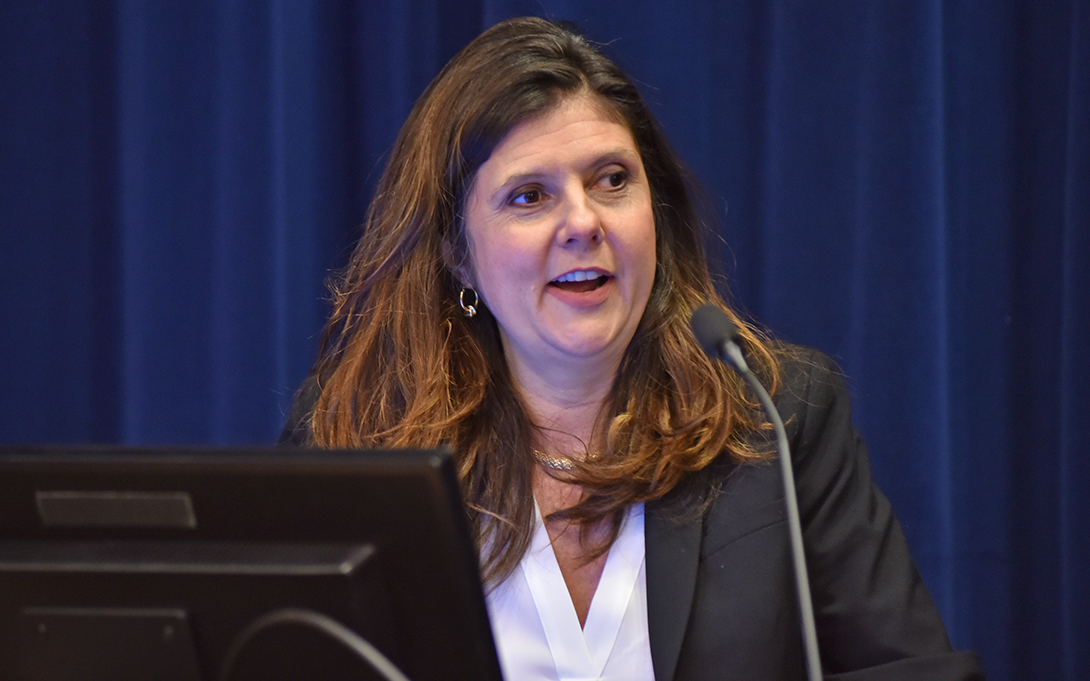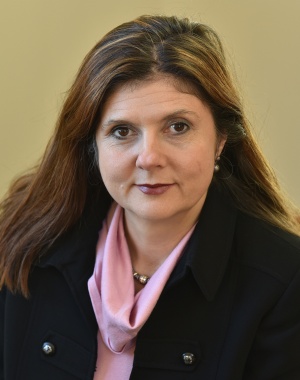
This week, Betsey Stevenson helped make sense of the data coming from national jobs reports and unemployment numbers.
"The percentage of Americans employed fell off a cliff in the early pandemic. We’re now 75 percent of the way back up that cliff," Stevenson told The Signal. "There is a glass half full: More than 75 percent of the way sounds great. Twenty-five percent of the way to go sounds like a big challenge—that’s the glass half empty."
And Stevenson believes we will achieve that last 25 percent, once workers settle into new roles.
"What we’re seeing right now is record high job openings reduce the risk of quitting your job for a better job, because there’s a lot of jobs out there," she said on The Economist's podcast, Checks and Balance. "And this safety net that was provided by the pandemic also created a little bit of a cushion so that people are not quite risking starvation if they quit their job and look for something better."
Workers have the power to hold out for a better job due to the flexibility the labor market and pandemic allowed.
“It’s like workers have united around the country,” Stevenson told Mother Jones. “What has collectively organized us is a year of examining our life, and whether we think we’re being treated fairly, and whether we think we’re doing what we want to do.”
As Congress negotiates a major social spending bill, Stevenson connects child care and paid leave to long-term economic recovery.
"The decisions we make about the availability of child care today will shape the U.S. macroeconomy for decades to come by influencing who returns to work, what types of jobs parents take and the career path they are able to follow," Stevenson said to AP News.
"Economic growth in 20 years depends on the choices we make today about investing in our youngest members of society," she told MarketWatch.
Read and listen to the items featuring Stevenson below:
- Has power shifted in favour of American workers?, The Economist, October 22, 2021
- Vital Signs, The Signal, October 26, 2021
- Exacerbated by pandemic, child care crisis hampers economy, AP News, October 27, 2021
- ‘It’s not looking good’: Paid leave may be on chopping block in Democrats’ social-spending bill, MarketWatch, October 27, 2021
- Work Is So Bad That People Are Quitting in Droves. We Should See That as a Good Thing, Mother Jones, October 29, 2021

